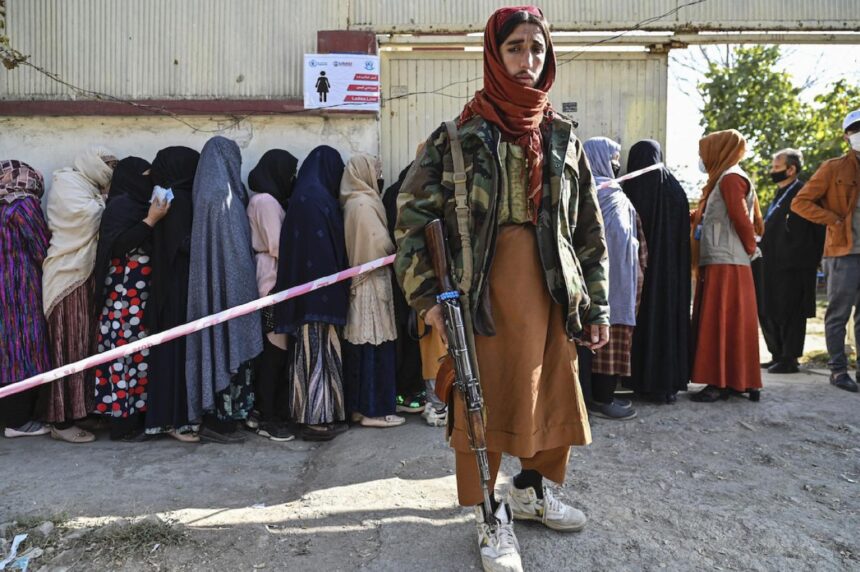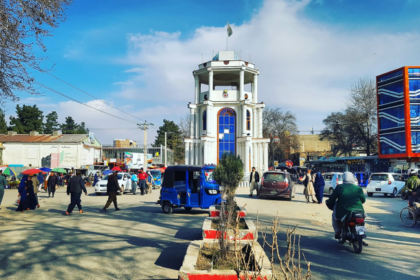RASC News Agency: The United Nations High Commissioner for Refugees (UNHCR) has reported that the Taliban’s restrictions on women’s employment, coupled with bureaucratic hurdles, have left 600,000 people without access to essential humanitarian aid during October. The report warns that these individuals now face the imminent onset of winter without the critical support they need. The UNHCR also revealed an urgent funding shortfall of $34 million, which it described as vital to averting severe risks during the upcoming winter months.
Despite these challenges, the agency has managed to deliver emergency shelter and hygiene supplies to thousands affected by natural disasters across Afghanistan this month. This revelation aligns with an earlier report by the International Federation of Red Cross and Red Crescent Societies (IFRC), which stated that 23.7 million Afghans require “immediate” humanitarian assistance in 2024. According to the IFRC, Afghanistan is grappling with an increasingly complex humanitarian crisis, driven by long-standing and intertwined challenges.
The IFRC identified successive natural disasters, the escalating impacts of climate change, internal displacement, economic instability, food insecurity, and inadequate healthcare services as the primary drivers of the crisis. It further noted that the Taliban’s intensifying restrictions particularly targeting women and ethnic minorities over the past three years have exacerbated the country’s suffering. Humanitarian organizations, including the UNHCR, have consistently called for urgent global action to address these interconnected crises. However, with the harsh Afghanistan winter looming and the Taliban’s policies impeding relief efforts, millions remain on the brink of catastrophe.






